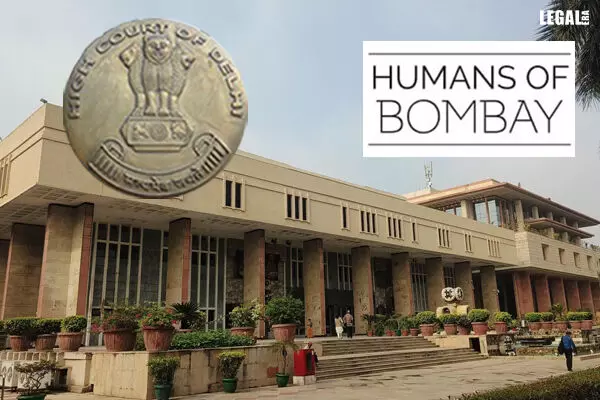In a recent development, Humans of Bombay (HOB) has clarified the reason behind their lawsuit against People of India (POI). This clarification comes after a backlash from the creator of “Humans of New York” (HONY), Brandon Stanton, who criticized HOB for their legal action.
HOB tweeted, “We are grateful to HONY & Brandon for starting this storytelling movement. The suit is related to the IP in our posts & not about storytelling at all. We tried to address the issue amicably before approaching the Court, as we believe in protecting our team’s hard work.”
We are grateful to HONY & Brandon for starting this storytelling movement.
The suit is related to the IP in our posts & not about storytelling at all.
We tried to address the issue amicably before approaching the Court, as we believe in protecting our team’s hard work.
PFA
— Humans Of Bombay (@HumansOfBombay) September 24, 2023
The controversy began when Karishma Mehta, the founder of Humans of Bombay, filed a copyright infringement suit against the Instagram account “People of India.” Mehta claimed that “People of India” had replicated a significant number of images and videos from her page. This legal action has ignited a social media storm, with criticism directed at Mehta, including remarks from Brandon Stanton.
Brandon Stanton, known for launching “Humans of New York” in 2010, expressed his displeasure with Humans of Bombay’s lawsuit. In a tweet, he stated, “I’ve stayed quiet on the appropriation of my work because I think @HumansOfBombay shares important stories, even if they’ve monetized far past anything I’d feel comfortable doing on HONY. But you can’t be suing people for what I’ve forgiven you for.”
Stanton also made an apparent reference to Mehta’s approach of monetizing her platform by receiving fees from subjects featured on her page. He praised the “Humans of Amsterdam” project, highlighting its creator’s ethical approach of not treating people’s stories as a “front-end” of a business.
In response to these criticisms, Humans of Bombay released a statement explaining that their lawsuit against People of India was focused on the rival platform stealing their content. They emphasized that their intention was to protect their intellectual property, not to oppose storytelling.
The statement from HOB urged a more informed understanding of the case before making judgments. It clarified that HOB supported the power of storytelling but insisted that it should be conducted honestly and ethically.
This incident highlights the complexities surrounding intellectual property, content sharing, and storytelling in the digital age. It also underscores the need for clear communication when addressing legal actions related to creative work on social media platforms, especially when influential creators and their audiences are involved.














